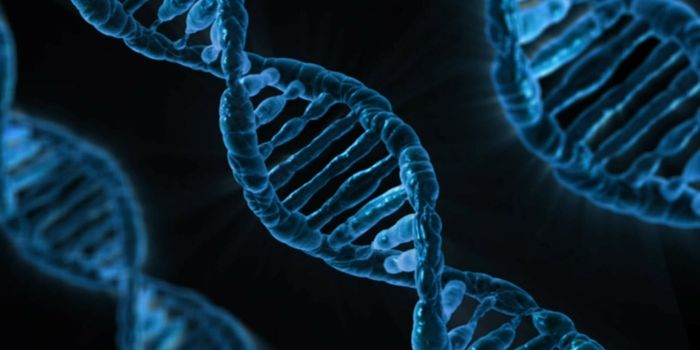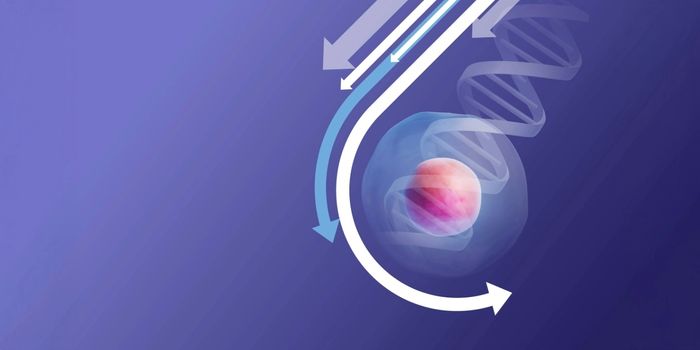Does the Liver Store Sugar or Fat? This Gene Helps Decide
The liver plays a critical role in metabolism. The metabolic activity of the liver is carefully controlled by signaling molecules, such as the hormone insulin. The liver can handle the metabolism of sugars like glucose, which can be stored or used for energy; it can also deal with fatty acids. Scientists have now identified a gene that has a major influence on how the liver stores energy.
Reporting in Science Advances, scientists have found that a gene called PPP1R3B helps the liver decide whether energy that is taken in as sugar, or glucose, is stored as glycogen or converted to a type of fat called triglycerides, and stored that way. When the PPP1R3B gene is expressed in liver cells at higher levels, more energy is stored as glycogen, but as the gene is less active, and levels are lower, more energy is stored as triglycerides, or fat.
This decision making can impact how blood sugar and fat levels are managed in the body.
"Our research shows that PPP1R3B is like a control switch in the liver," explained study leader Kate Townsend Creasy, Ph.D., an Assistant Professor of Nutrition Science in the Department of Biobehavioral Health Sciences at the University of Pennsylvsania. "It directs whether the liver stores energy for quick use in the form of glycogen or for longer-term storage as fat."
"We also saw changes in how efficiently mice and cells with genetic manipulations of PPP1R3B could use either glucose or fat for energy. This discovery could help us find new ways to help people with metabolic diseases with precision nutrition approaches, based on their genetics."
Mutations in the PPP1R3B gene have been associated with various metabolic disorders in genomic studies. PPP1R3B mutations have been linked to type 2 diabetes and fatty liver disease, for example. This research can help explain how the gene is related to these conditions - when it is dysfunctional, metabolic problem arise.
Sources: University of Pennsylvania School of Nursing, Science Advances









